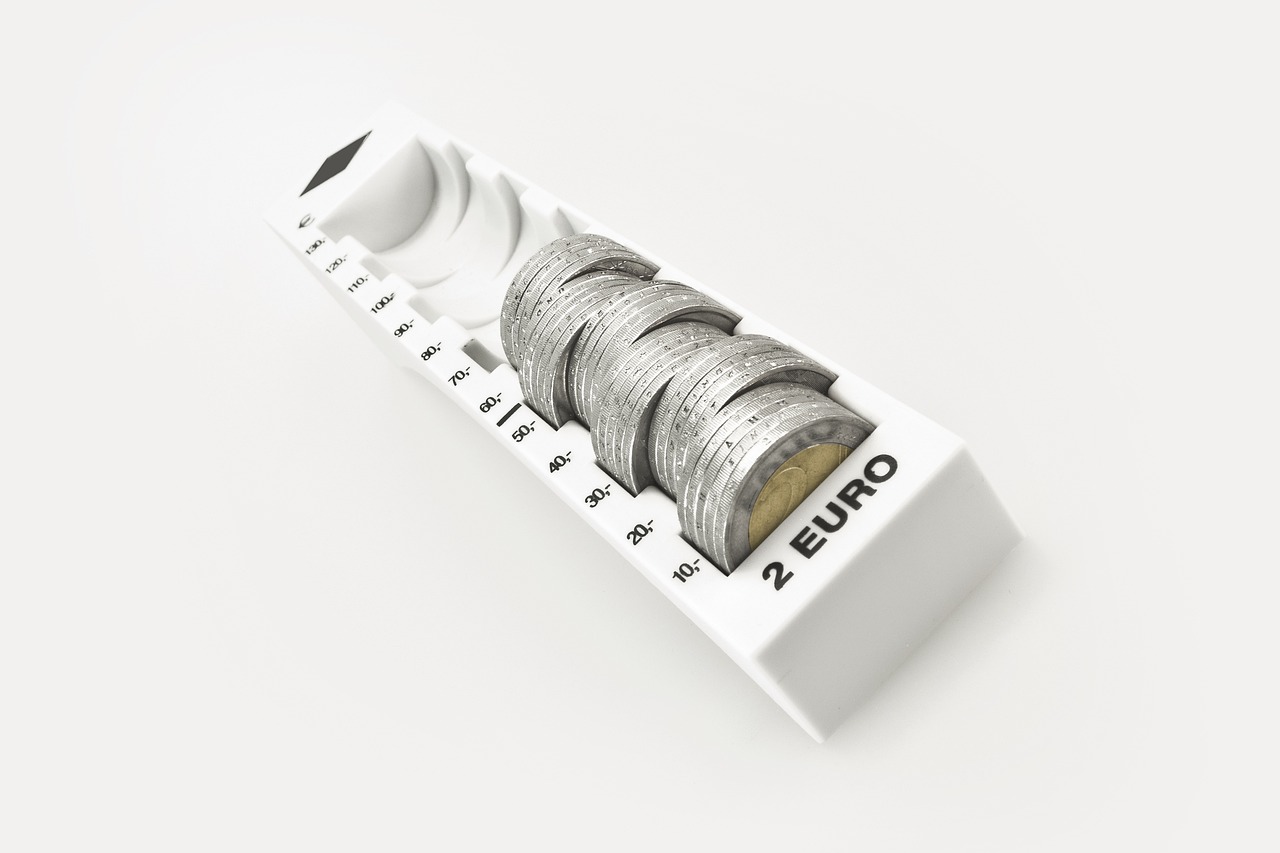The Impact of Educational Toys on Self-Regulation Skills: Allexchbet com login, 99exch.com, All panel
allexchbet com login, 99exch.com, all panel: Education is an essential part of a child’s development, and educational toys play a crucial role in enhancing self-regulation skills. Self-regulation skills are the ability to control one’s thoughts, emotions, and behaviors in order to achieve goals and adapt to different situations. These skills are essential for success in school and life in general.
1. What are self-regulation skills?
Self-regulation skills include things like impulse control, emotional regulation, and the ability to focus and pay attention. These skills are crucial for academic success, as well as for social and emotional well-being. Children who struggle with self-regulation often have difficulty following directions, staying on task, and managing their emotions.
2. How do educational toys help develop self-regulation skills?
Educational toys are designed to be engaging and interactive, which helps children stay focused and attentive. Many educational toys also require problem-solving skills, which can help improve a child’s ability to think critically and make decisions. When children play with educational toys, they are often working towards a goal, which can help improve their ability to set and achieve goals in other areas of their life.
3. What types of educational toys are best for developing self-regulation skills?
Toys that require children to follow directions, solve puzzles, and use their imagination are all great for developing self-regulation skills. Building blocks, board games, and puzzles are all excellent options. Toys that encourage children to engage in pretend play, such as dolls and action figures, can also help children develop their emotional regulation skills.
4. How can parents and caregivers support the development of self-regulation skills through play?
Parents and caregivers can support the development of self-regulation skills by providing children with a variety of educational toys and encouraging them to engage in imaginative play. It’s also important for adults to model good self-regulation skills themselves, as children learn by example. Providing children with plenty of opportunities to practice their self-regulation skills in a safe and supportive environment is key to helping them develop these important skills.
5. Are there any downsides to using educational toys to develop self-regulation skills?
While educational toys can be very beneficial for children, it’s important for parents and caregivers to make sure that children are also engaging in other types of play, such as outdoor play and social play. It’s also important to strike a balance between structured play with educational toys and unstructured play where children can use their imagination and creativity.
In conclusion, educational toys play a crucial role in the development of self-regulation skills in children. By providing children with engaging and interactive toys, parents and caregivers can help children improve their ability to control their thoughts, emotions, and behaviors. By supporting the development of self-regulation skills through play, we can set children up for success in school and in life.
FAQs:
1. What age group benefits the most from educational toys?
Educational toys can benefit children of all ages, but they are particularly helpful for young children who are in the process of developing their self-regulation skills.
2. How much time should children spend playing with educational toys each day?
There is no set amount of time that children should spend playing with educational toys each day, but it’s important for children to have a balance of structured play with educational toys and unstructured play.
3. Can educational toys replace traditional teaching methods?
Educational toys can be a helpful supplement to traditional teaching methods, but they are not a replacement for quality instruction from teachers and parents.







